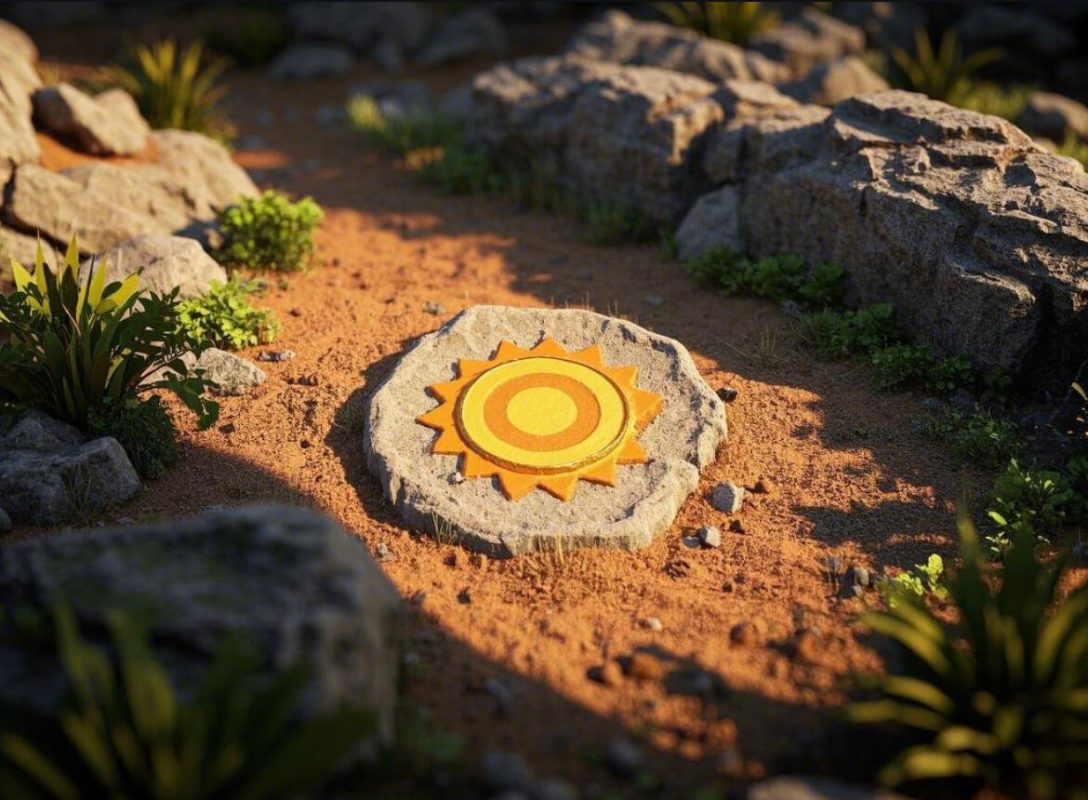Can Earth in the Five Elements Nurture Life?
Do Things Associated with Earth in the Five Elements Have the Power to Nurture and Create Life?
In the Five Elements system, Earth holds a special function often associated with nurturing and transformation. The ancient Chinese believed that “spring planting is for the harvest, and autumn gathering is for the grains”—a concept expressed as jià gǎo (稼稿). This saying highlights Earth’s vital role in sowing crops, reaping the harvest, and supporting the creation of all life. Earth is seen as the medium through which life begins and grows, reflecting its deep connection to growth, nurturing, and transformation.
From this perspective, we can extend the idea that anything linked to the Earth element tends to carry qualities of growth, sustenance, and the ability to foster the creation of other things. The ancient text Shuōwén Jiězì (说文解字, a classic Chinese dictionary) describes Earth as “the characteristic of the land, the origin of all life.” This aligns with the idea that Earth is not just the foundation of physical existence but also a symbol of the nurturing and life-giving forces at work in nature.
In traditional Chinese culture, Earth is seen as the “ruler of all four directions” and “the mother of all things.” These descriptions emphasize Earth’s fundamental importance in the Five Elements theory. If we consider the “nature” of Earth within the Five Elements system, we see it as solid and tangible, with its essence deeply tied to agricultural activities—sowing seeds, cultivating crops, and providing the necessary environment for life to flourish.
Earth is viewed not only as a physical element but also as the nurturing force behind the growth of all living things in the world. This reflects a deep cultural understanding where the Earth is seen as a mother, holding the power to give life and sustain it.
The Earth’s Gift: A Story of Life and Growth
It was a crisp autumn afternoon in a small, quiet town in the American Midwest. Sarah stood on the porch of her family’s farmhouse, looking out over the golden fields that stretched for miles. The harvest had just been collected, and the earth seemed to hum with the quiet satisfaction of a season well spent. But there was something about the land today that felt… different. It wasn’t just the colors of the crops or the whisper of the wind—there was a sense of connection, of life unfolding in ways she had never fully understood before.
She had grown up on this farm, her hands familiar with the soil, her heart connected to the land. But Sarah had always viewed it through a practical lens—the earth was a means to an end, the place where seeds grew, crops were harvested, and life carried on. She never thought much beyond that. Until now.
Her grandfather, who had passed away earlier that year, had always spoken of the earth as something more than just dirt and plants. “The earth, Sarah,” he’d say, “is like a mother. It nurtures, it grows, it creates life.” She never really understood what he meant—until now.
One evening, she found herself in the old barn, sorting through some of Grandpa’s things. Among the dusty boxes of old tools and papers, there was one item that caught her eye—a small, weathered book on ancient philosophies. It was a book of Chinese teachings, filled with ideas she had never heard before. She flipped it open, and there, in the middle of the page, were words that stopped her in her tracks: “In the Five Elements, Earth is the mother of all things. Earth nurtures life, gives it form, and transforms it.”
She sat down right there on the floor, the weight of those words pressing on her. She had always been taught that nature was something to be controlled, something to be managed. But what if the land wasn’t just a tool for survival? What if it was a living entity, a force that gave life, not just to the crops she grew, but to everything that existed?
In the coming weeks, Sarah began to see the land in a new light. She noticed how the soil, rich with nutrients, seemed to bring new life to everything it touched. It wasn’t just about planting seeds anymore—it was about creating the right environment for life to thrive, to grow in its own time, to transform. Every plant, every tree, every living thing on this farm seemed to carry a piece of that deep, nurturing energy.
One day, she sat by the fields at sunset, the sky a wash of orange and pink. The land stretched out before her, endless and full of potential. Sarah realized that, just like in the ancient teachings, the earth wasn’t just the place where things grew. It was the source of life itself, a force that gave, transformed, and carried everything forward. It was a connection she hadn’t understood until now—one that was deeper than planting and harvesting, one that was about sustaining life, about being part of something much bigger.
As she sat there, Sarah felt a surge of gratitude. She had always thought of the earth as something to be used, something to be worked. But now, it felt like something to be honored, something to be understood. It was a shift in how she saw the world, a realization that the earth wasn’t just a tool—it was a partner in the dance of life.
That night, as Sarah walked back to the farmhouse, she felt a quiet sense of peace. She had learned something profound: that the earth, much like the people we love, holds the power to nurture, to grow, and to create life. She wasn’t just a caretaker of the land—she was a part of it, and it was a part of her.

